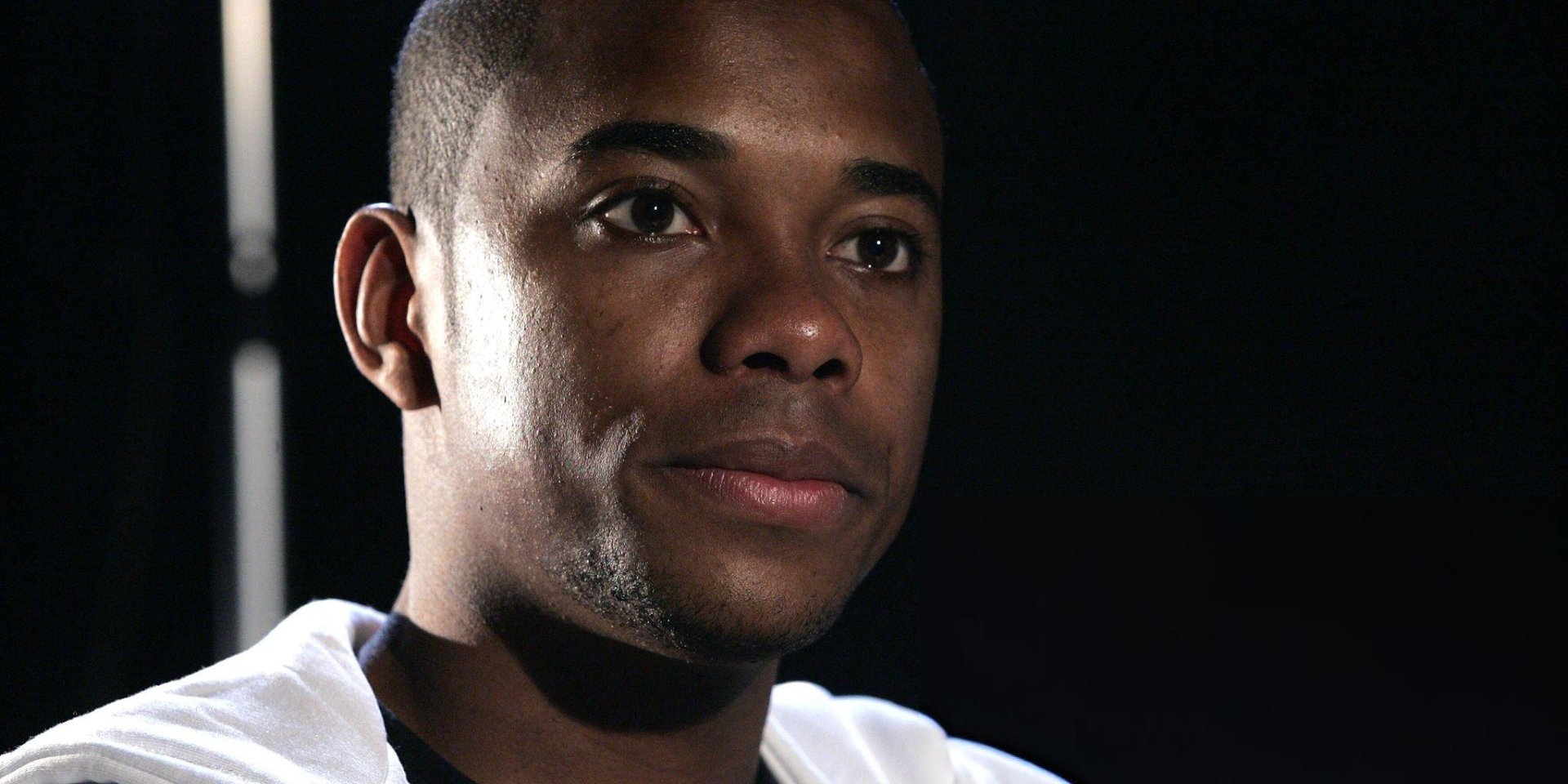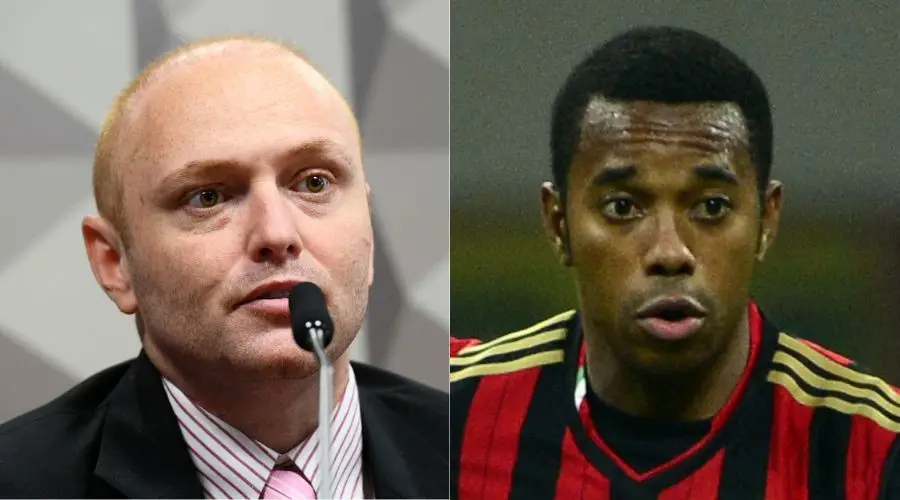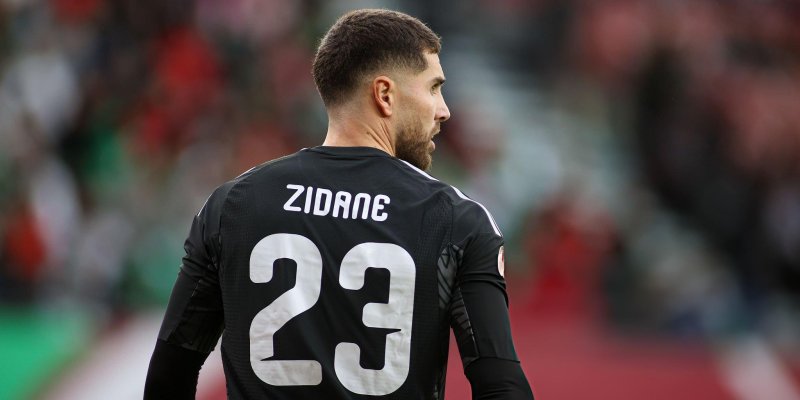
Brazilian media has dropped another bombshell: former Brazil national team forward Robinho, who is serving a nine-year sentence for gang rape, and the notorious cybercriminal Walter Delgatti Neto—celebrated for hacking private messages during Operation Lava Jato—have filed paperwork to register their own betting company. A plan that could pass for a TV-series plot is, in fact, entirely legal: Brazilian law does not prohibit convicted inmates from starting a business, even when they are behind bars.
A Business Duo Behind Barbed Wire

An unexpected partnership has united people from two different worlds. Robinho, who only recently started for the Seleção at the Confederations Cup, and the “king of leaks” Delgatti now share a cell and a business idea. Responsibilities are clearly divided: the footballer handles branding and the potential fan-based clientele, while the hacker oversees the platform’s digital infrastructure and cybersecurity.
What the Law Says: Business Opportunities for Prisoners
The Brazilian Penal Execution Code allows convicts to engage in commercial activity—provided the venture poses no threat to prison security and all tax obligations are met. A legal entity is registered through a notary, after which the documents are certified by the court supervising sentence execution. The process has already begun, so there are virtually no legal barriers at the start.
The Main Obstacle—Licensing and Market Trust
The real hurdle lies elsewhere: the online-betting market is regulated by the National Secretariat for Gambling, and a license is issued only after a multi-stage review of capital sources and business reputation. The reputational risks attached to such high-profile names may deter payment processors and advertising partners. In addition, the global betting community is extremely sensitive to match-fixing; the presence of a former top-level player on the team will make regulators watch even more closely.
Player Profiles: From Stardom and Hype to Conviction

Robinho is a La Liga champion and a two-time Serie A title holder; his last major club contract ended long before the Italian verdict was delivered. Delgatti became the antagonist of Brazil’s entire political scene by publishing private correspondence of Lava Jato investigators and sparking numerous data-leak lawsuits. Their cooperation shows how a sports brand and technological obsession can intersect under unexpected circumstances.
The Risk of Exposure: How Media Hype Can Alter the Plans
While the project is still in its early planning stage, every new headline increases the pressure. Public opinion, human-rights activists’ criticism, and close scrutiny from officials could at least delay the issuance of a license. However, if the duo manages to turn scandalous fame into a marketing edge, the online-betting market may see another big player—albeit with a prison address on the registration papers.
From Milan to Brasília: A Timeline of the Robinho Case

The crime committed in a Milan nightclub in the autumn of 2013 became the first precedent in history of extraditing a football star to serve a sentence at home. On 20 March 2024, the Supreme Court of Brazil ordered the forward to serve his sentence in the national penitentiary system, underscoring the principle of the inevitability of punishment. Now Robinho intends to prove that even behind bars one can keep scoring—not goals on the pitch, but business goals.








